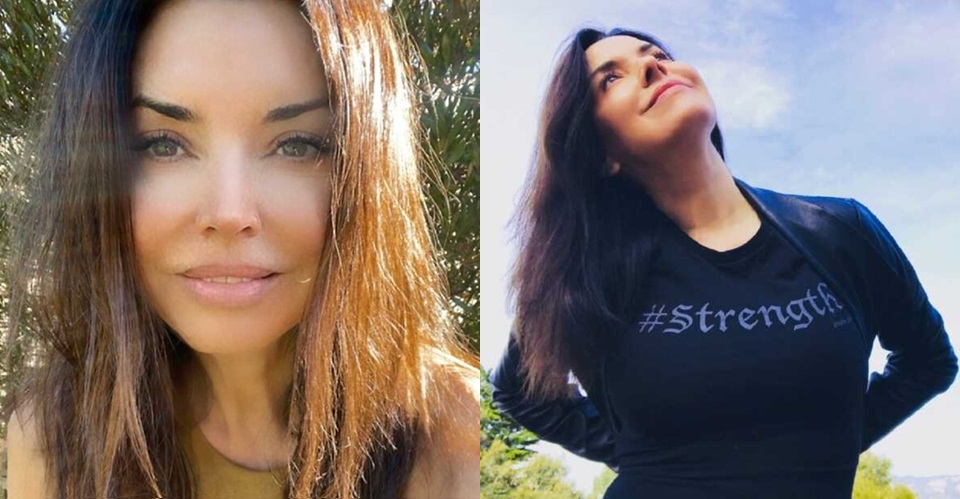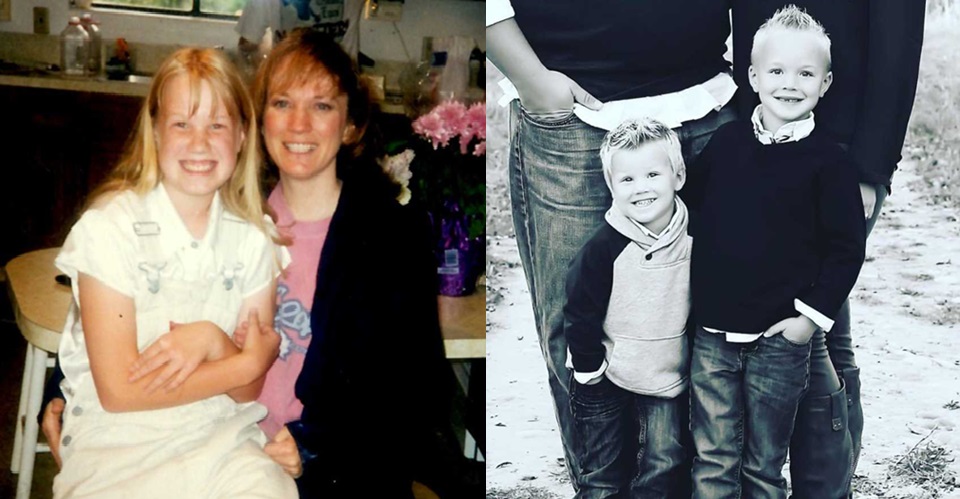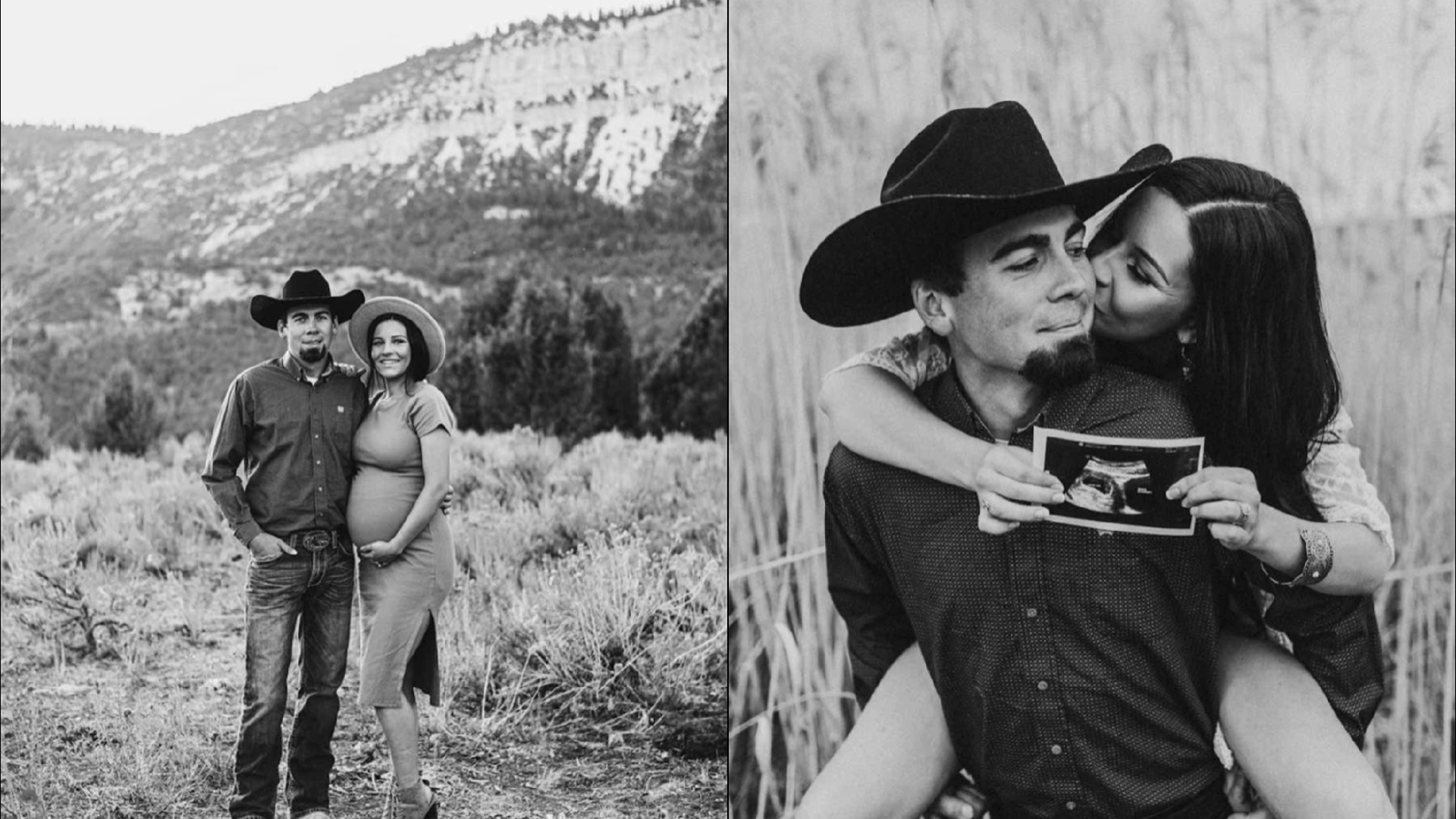She stopped letting old labels speak for her. Now, she writes her own story and helps other adoptees do the same because every one of them is worth choosing. Adoption shaped almost everything about her life. She was born in the U.K., placed in foster care, and stamped early with labels like “hard to place” and “unwanted.” Her mixed ethnicity was treated like another obstacle. Those words stuck. Over time, they sank in and turned into a belief: if she was challenging to place, maybe she was difficult to love. Being adopted to the U.S. didn’t erase that feeling; her adoptive father’s alcoholism and a tense home life only deepened the doubt about her own worth.
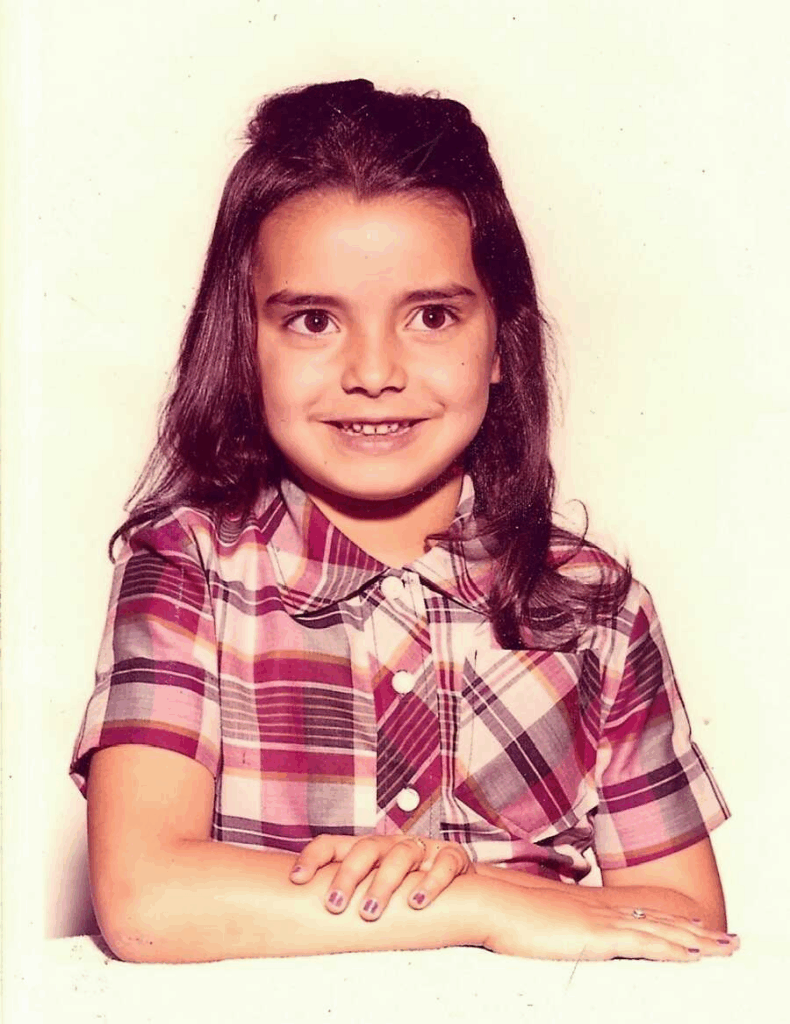
Adoption wasn’t a rescue story for her. It made life different, not automatically better. But it started a long, honest search for who she was, beyond paperwork and other people’s descriptions. That search led her to rebuild her identity on her own terms. As an adult, she became an empowerment coach for adoptees. She begins in a place many skip: adoption starts with loss. One family is torn apart for another to form. Adoptees feel that they break early, often without the language to name it, and many keep quiet because they fear more rejection. When it finally feels safe to grieve, growth can start.

Her work centers on mindset, the quiet engine behind how we see ourselves and move through the world. A fixed mindset says, “This is who I am, and nothing can change.” A growth mindset says, “I can learn, heal, and keep going.” Reaching that mindset changed her life. She built it with two steady practices. First, she changed how she talked to herself. Words can bruise or mend. The labels around her as a child became the voice in her head as an adult. So she started listening to her inner narrator and swapping out lines that kept her small. When old phrases like “hard to place” crept in, she replaced them with something truer and kinder: “I am precious, and I’m worth choosing.” Over time, those new lines formed a new identity she could stand in.

Second, she practiced visualization. For a few minutes each day, she asked herself what a contented, meaningful life would look and feel like. Then, she pictured it, breathing with the image until the feeling landed in her body. The rule was simple: where her focus went, her energy followed. The more she focused on the life she wanted and the kind of person she wanted to be, the more her choices lined up with that picture. These tools didn’t erase hard days, but gave her a way back when the old labels tried to return. She didn’t have any of this growing up. She felt locked inside a story of loss and scarcity. That’s why she does her work now, to help other adoptees move from silent hurting to steady healing.
She reminds them: your past is part of you, but it doesn’t get to be the author of you. The names the system gave you aren’t tattoos. You can build the muscle of a growth mindset, one day at a time. Today, she writes her own story. She wakes up, checks her inner script, corrects it when it drifts, and fixes her focus on what is whole and meaningful.
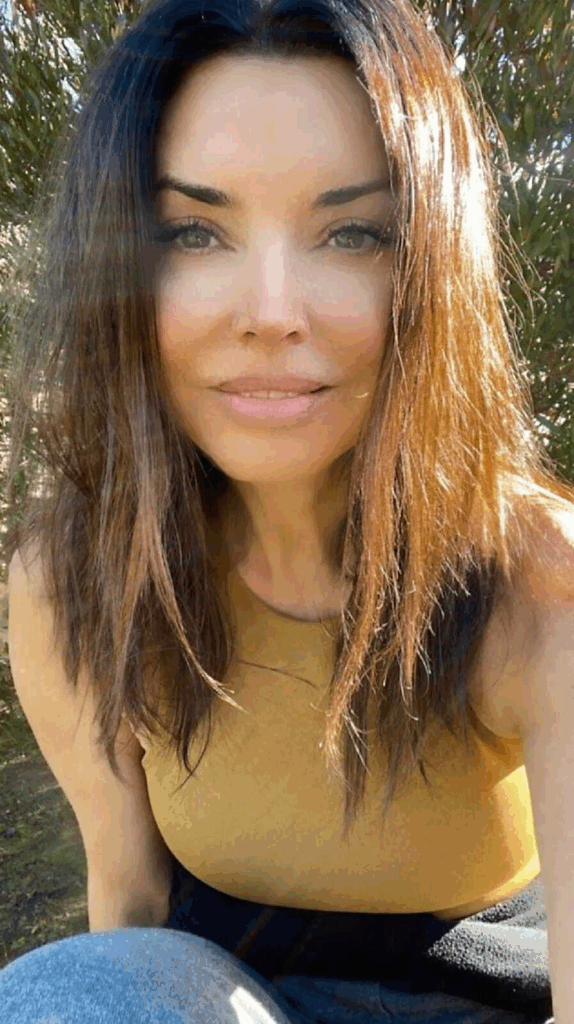
She chooses the identity of someone too valuable to discard, because she is. She also invites others to try to find that truth. You are not the labels. You are not the gaps in your file. You are not what you lost. Your future is wider than your beginning. Start where you are, be gentle with yourself, and keep choosing thoughts that open doors instead of closing them.
